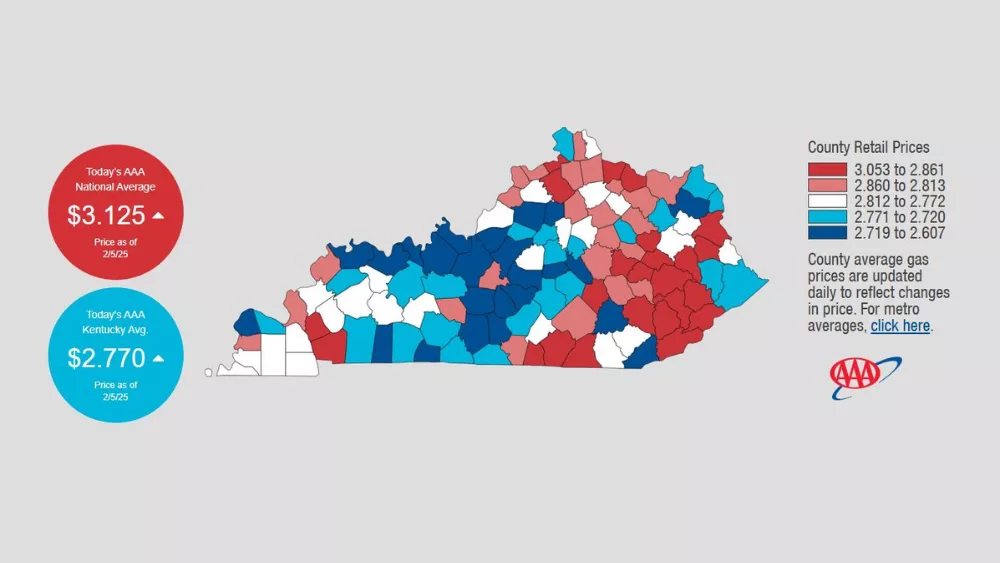
With each sunrise, the 60-day session of the 2024 Kentucky General Assembly draws nearer, and at the top of everyone’s to-do list: a weighty biennium budget.
Public school officials — especially local ones — hope students, teachers and administration gain strong considerations this go-round.
During Thursday night’s Trigg County Board of Education meeting, Superintendent Bill Thorpe unveiled a comprehensive, cohesive message from the Council For Better Education that’s expected to be delivered to Frankfort by many similar superlatives at the end of January.
It all centers around SEEK, or Support Education Excellence in Kentucky, funding — and it’s problematic formula that has, in recent years, forwarded heavy cost burdens back to districts.
According to the Prichard Committee, the SEEK effort as it stands has four issues:
1) Base guarantees do not match current costs of living;
2) Base guarantees rely more heavily on local contribution;
3) Additional funding of transportation costs remain far below state estimates of said transportation costs;
And 4) Local Tier 2 revenue streams are becoming an increasingly unequal part of SEEK’s total formula.
Thorpe took things further.
In 2008, for instance, SEEK per student was $3,822. Adjusted for inflation, this should be $5,400. Instead, it’s just $4,100, a difference of more than $1,300 per child.
Following a recent increase from 55%, SEEK transportation funding sits at 69% of the state’s needs, when the law requires 100%. And as an example, this should result in an extra $2.1 million to Daviess County.
Thorpe also noted the deficient SEEK formula has led to state-wide lagging teacher and staff salaries, a loss of learning, created a negative impact on local district property tax rates, spawned an inversion of state spending vs. local spending per pupil, generated a wider gap in wealth equity between districts, limited bus purchases thus creating older fleets, and forced transportation departments into tough choice.
Jack Lackey, board attorney, noted one of the biggest problems of KERA and SEEK funding comes down to property taxes altogether.
Trigg County, for instance, has more than 24% of its land value in a non-taxable bracket, because of Land Between the Lakes, Fort Campbell and other dominions. Impact aid, aimed at supplementing this property, has also not matched inflationary measures.
Thorpe said January’s discussions in Frankfort will also center around a 1989 Kentucky Supreme Court decision in Rose v. Council For Better Education, which requires the state to offer that “the children of the poor and the children of the rich, the children who live in the poor districts and the children who live in the rich districts, must be given the same opportunity and access to an adequate education, and that this obligation cannot be shifted to local counties and local school districts.”






